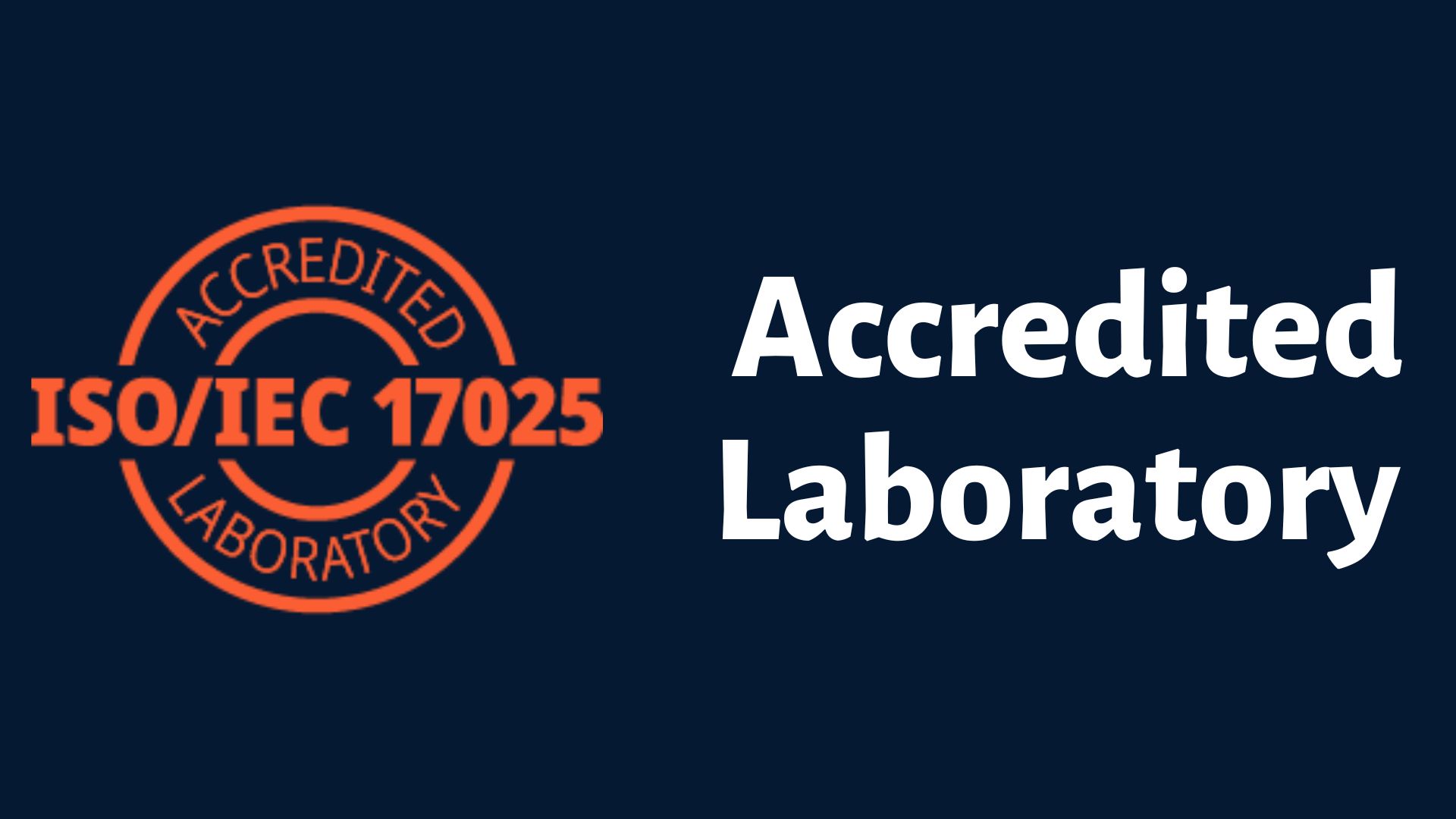What is ISO 17025 certification
ISO 17025 is an international standard that outlines the general requirements for the competence of testing and calibration laboratories. The standard is maintained by the International Organization for Standardization (ISO) and is applicable to all organizations performing testing and calibration, regardless of their size or the complexity of their operations.
The purpose of ISO 17025 is to promote confidence in laboratory results by ensuring that testing and calibration laboratories are competent and operate in a manner that consistently produces accurate and reliable results. To achieve ISO 17025 certification, a laboratory must demonstrate that it has the technical competence, impartiality, and management systems necessary to carry out its activities.
ISO 17025 covers various aspects of laboratory operations, including technical requirements for equipment, test methods, and personnel, as well as requirements for the management of quality, documentation, and continuous improvement. Laboratories must also establish procedures for the internal review of results and for the handling of complaints and non-conformities.
The benefits of ISO 17025 certification for laboratories include increased confidence in their results, enhanced credibility and recognition, improved quality and accuracy of results, and a more consistent and efficient approach to laboratory operations.
ISO 17025 is a critical standard for testing and calibration laboratories and plays an important role in ensuring the accuracy and reliability of results in various industries, including healthcare, environmental monitoring, food and beverage, and many more. By obtaining and maintaining ISO 17025 certification, laboratories can demonstrate their commitment to quality and technical competence, and gain a competitive advantage in their market.
What is the requirements for ISO 17025 certification
ISO 17025 specifies the general requirements for the competence of testing and calibration laboratories. To achieve ISO 17025 certification, a laboratory must meet the following requirements:
- Technical Requirements: The laboratory must have the technical competence, resources, and facilities to perform its testing and calibration activities. This includes having appropriate equipment, test methods, and personnel.
- Management System Requirements: The laboratory must have a documented quality management system (QMS) that covers all aspects of its operations, including personnel, equipment, test methods, documentation, and continuous improvement.
- Personnel Requirements: The laboratory must have personnel who are competent, trained, and authorized to perform their assigned tasks.
- Equipment Requirements: The laboratory must have appropriate and well-maintained equipment, as well as procedures for its calibration, maintenance, and use.
- Test Method Requirements: The laboratory must have appropriate test methods that are fit for purpose and validated, as necessary.
- Documentation Requirements: The laboratory must have well-documented procedures, records, and reports that provide evidence of its activities and results.
- Internal Quality Control Requirements: The laboratory must have internal quality control procedures in place to monitor the quality of its results and ensure their accuracy and reliability.
- Continuous Improvement Requirements: The laboratory must continuously improve its operations and results by regularly reviewing and updating its QMS and procedures.
ISO 17025 requires a laboratory to have a systematic approach to its operations and to demonstrate its technical competence, impartiality, and management systems. By meeting these requirements, a laboratory can achieve ISO 17025 certification and enhance its credibility, reliability, and competitiveness in the market.
Importance of ISO 17025 Certification
ISO 17025 is an important standard for testing and calibration laboratories as it provides a framework for ensuring the competence, impartiality, and consistency of laboratory results. The standard is recognized globally and helps to build confidence in the results produced by laboratories.
The benefits of ISO 17025 certification for laboratories include:
- Improved Quality of Results: ISO 17025 provides a systematic approach to laboratory operations and helps to ensure that accurate and reliable results are consistently produced.
- Enhanced Credibility: Laboratories that are ISO 17025 certified have a recognized level of competence, impartiality, and consistency. This enhances their credibility and recognition in the market.
- Increased Confidence in Results: The standard provides a framework for impartial and technically competent testing and calibration, helping to increase confidence in the results produced by the laboratory.
- Improved Customer Satisfaction: Laboratories that are ISO 17025 certified are more likely to meet customer requirements and provide accurate and reliable results.
- Competitive Advantage: Laboratories that are ISO 17025 certified can gain a competitive advantage in their market by demonstrating their commitment to quality and technical competence.
In conclusion, ISO 17025 is a critical standard for testing and calibration laboratories as it helps to ensure the accuracy, impartiality, and consistency of results. By obtaining and maintaining ISO 17025 certification, laboratories can demonstrate their commitment to quality, enhance their credibility, and gain a competitive advantage in their market.
If you have any doubts regarding any kinds of ISO certificates you can consult a leading Business consultant of ISO certification in Bangalore we will solve your queries.

